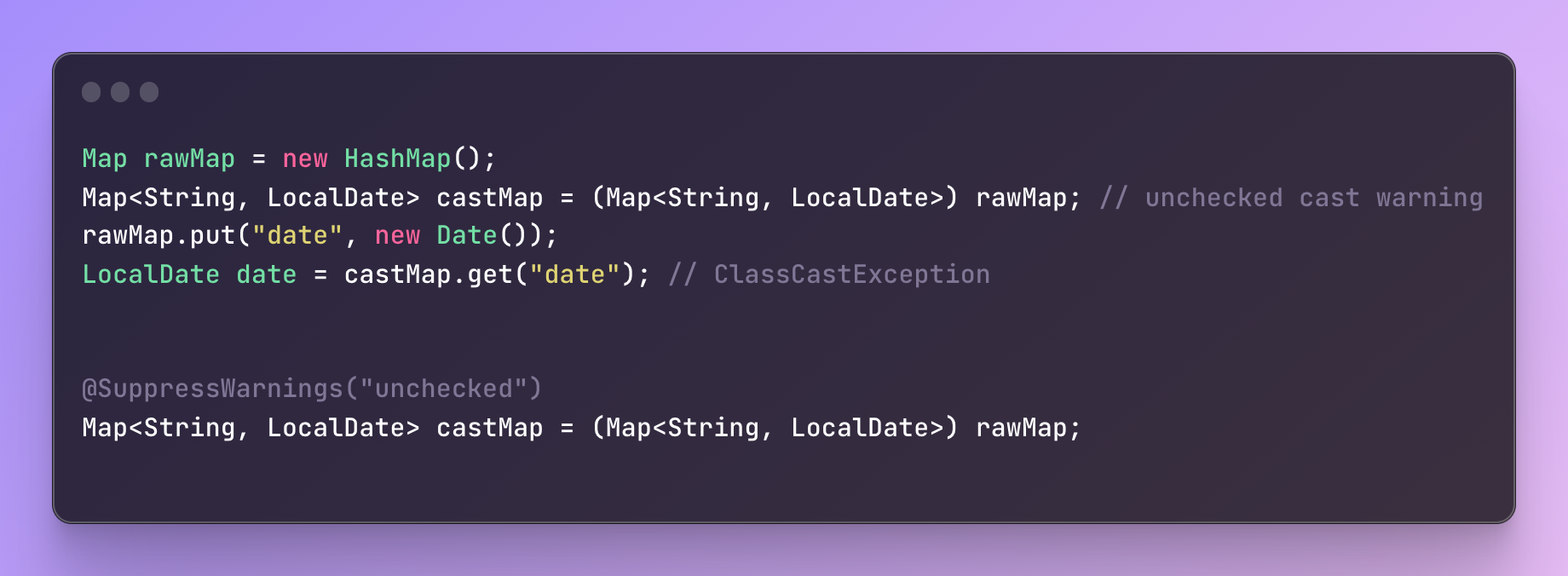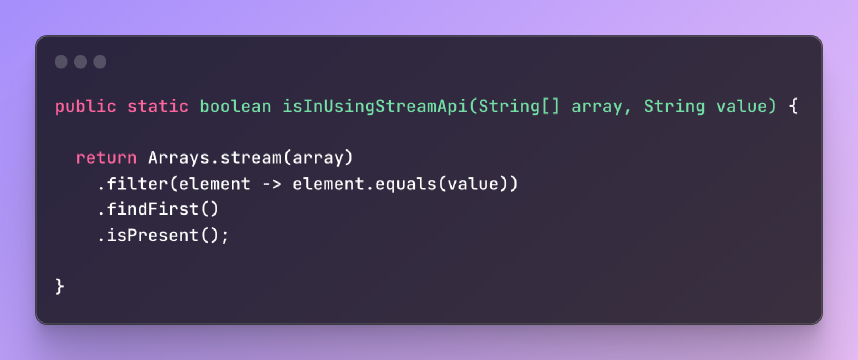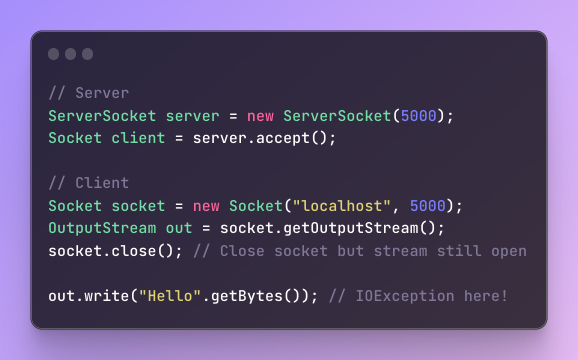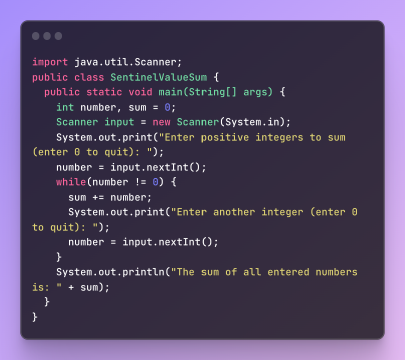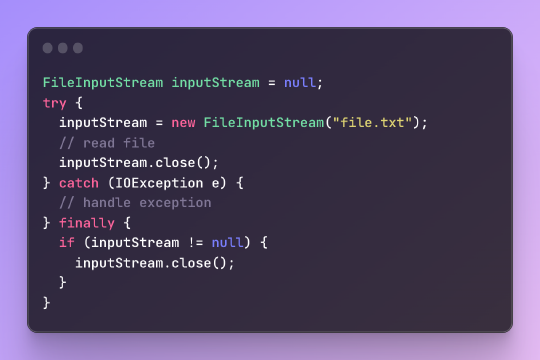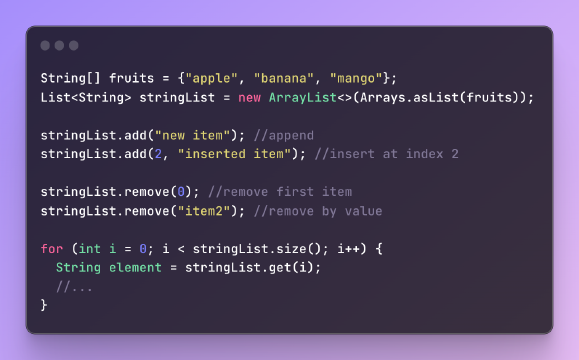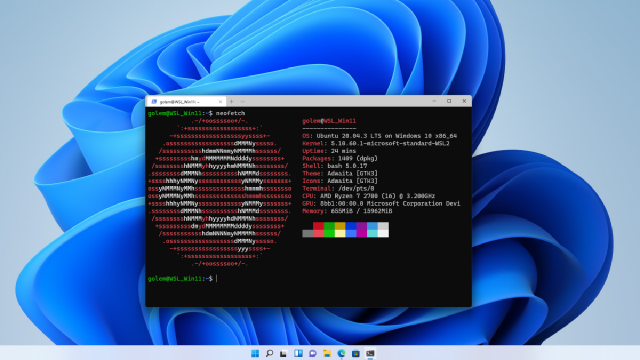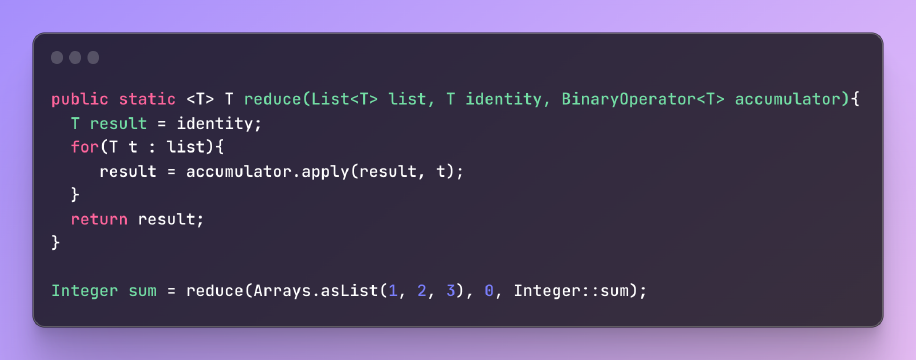Introduction§
The unchecked cast warning indicates potential ClassCastExceptions may occur if incompatible types exist in a raw type being cast. This article explores when this warning occurs, why it appears, and how to properly address it.
When Does the Warning Occur?§
An unchecked cast warning occurs when casting from a raw type to a parameterized type without type checking at runtime. For example:
1Map rawMap = new HashMap();
2Map<String, LocalDate> castMap = (Map<String, LocalDate>) rawMap; // unchecked cast warning
javaAdding incompatible types to the rawMap allows the unchecked cast to still happen:
1rawMap.put("date", new Date());
javaRetrieving the wrong type from castMap then throws a ClassCastException:
1LocalDate date = castMap.get("date"); // ClassCastException
javaSo the warning indicates the potential for this exception.
Here is an updated section with more details and an example on why the compiler warns about unchecked casts in Java:
Why Does the Compiler Warn?§
Using raw types circumvents compile-time type checking, which is why the compiler warns about unchecked casts.
For example, consider the following code:
1Map rawMap = new HashMap();
2rawMap.put("key1", "value1");
3
4Map<String, Integer> typedMap = (Map<String, Integer>) rawMap;
5
6Integer num = typedMap.get("key1");
javaWhen we cast the raw Map to Map<String, Integer>, the compiler cannot actually verify that the types are compatible. Since the rawMap only contained strings, the cast seems valid.
However, nothing prevents another developer from adding incompatible types to the rawMap later on:
1rawMap.put("key2", new Date());
javaNow the rawMap contains both Strings and Dates. But since the cast occurred without type checks, this incompatibility goes undetected.
Later on when retrieving values from the casted typedMap, a ClassCastException will be thrown:
1Integer num = typedMap.get("key2"); // ClassCastException
textSo unchecked casts allow incompatible types to go undetected at compile time and end up causing runtime exceptions. The compiler warns to indicate this danger.
Proper use of generics provides compile-time type safety that prevents these issues. But with raw types, unchecked casts can hide bugs until runtime.
How to Address the Warning§
There are a few ways to handle unchecked cast warnings:
1. Avoid Raw Types Entirely§
Ideally, avoid using raw types and favor generic types for type safety:
1Map<String, LocalDate> safeMap = new HashMap<>();
java2. Use @SuppressWarnings Annotation§
Use @SuppressWarnings("unchecked") if certain the cast is safe:
1@SuppressWarnings("unchecked")
2Map<String, LocalDate> castMap = (Map<String, LocalDate>) rawMap;
javaOnly suppress warnings if thoroughly reviewed. Use sparingly.
3. Manually Check Types§
Manually check types before accessing the casted collection:
1if (rawMap instanceof Map<String, LocalDate>) {
2 Map<String, LocalDate> castMap = (Map<String, LocalDate>) rawMap;
3} else {
4 // handle incompatibility
5}
javaThis fails fast if types are incompatible.
Comparison in Java Versions§
| Version | Unchecked Cast Handling |
|---|---|
| Java 5 - 7 | - Only raw types allowed - No type safety at compile time - Unchecked casts occur frequently |
| Java 8 | - Generics introduced - Compile-time type checking added |
| Java 9 | - Diamond operator - Further reductions in raw type usage |
| Java 10 | - Local variable type inference - Allows type omission to reduce raw types |
| Java 11+ | - Var keyword - Enhanced local variable type inference |
Later Java versions add features like generics, diamond operators, and type inference to reduce raw type usage. This provides increased compile-time type safety and decreases unchecked casts.
Conclusion§
Heed unchecked cast warnings to avoid runtime ClassCastExceptions. Use generics, suppress carefully, and check types manually. This results in code that fails fast and makes issues easier to trace.
